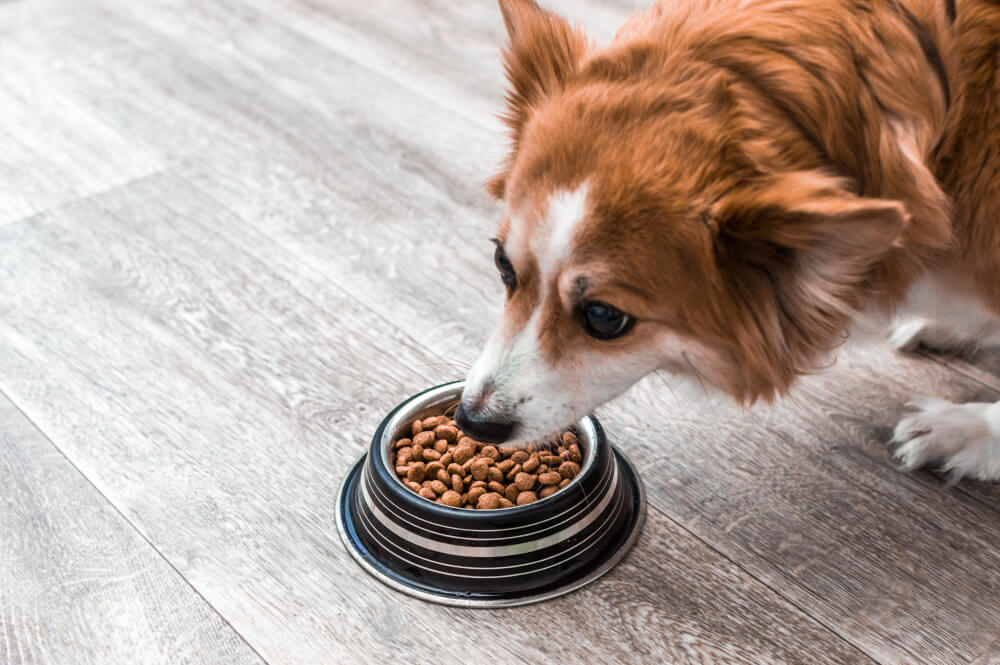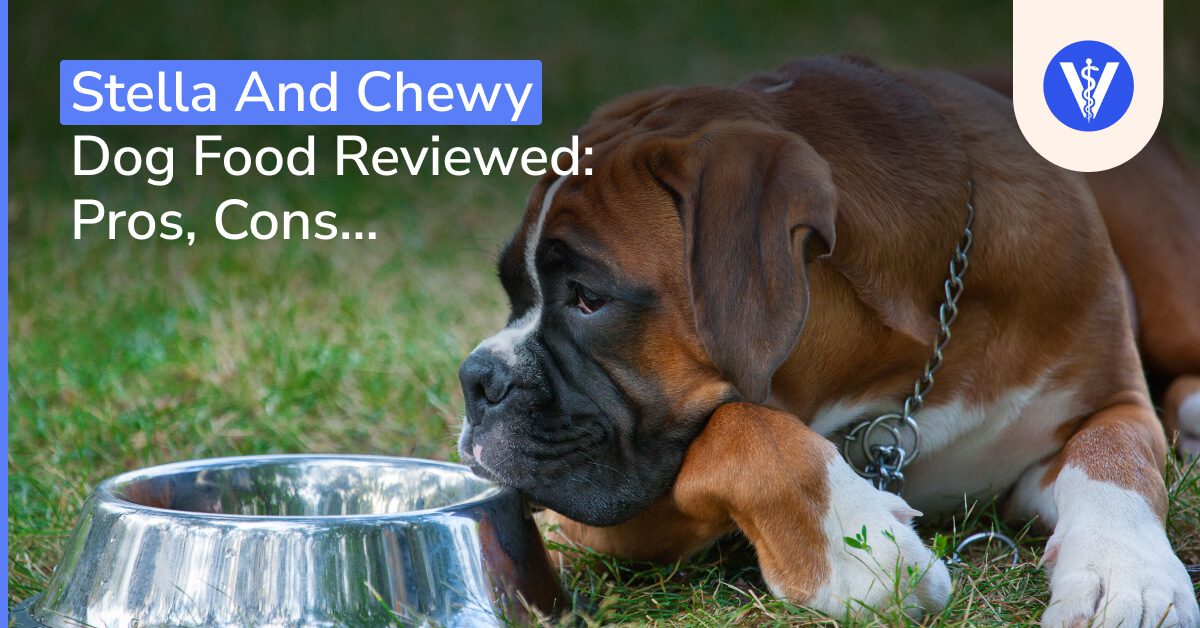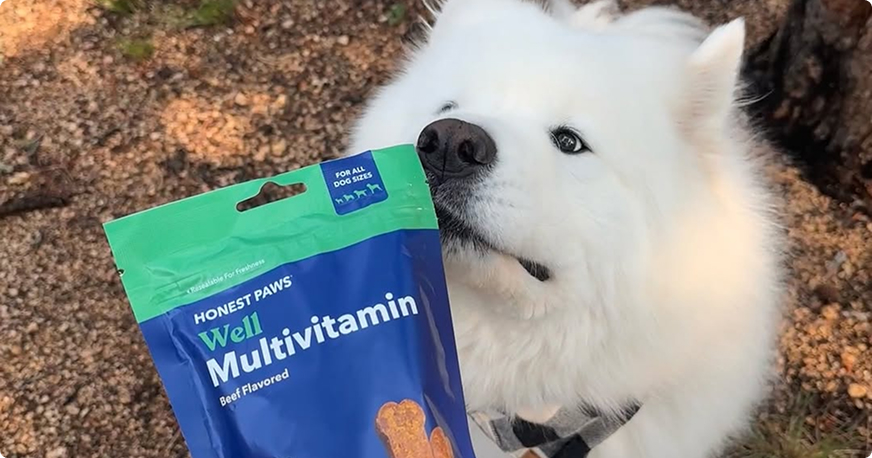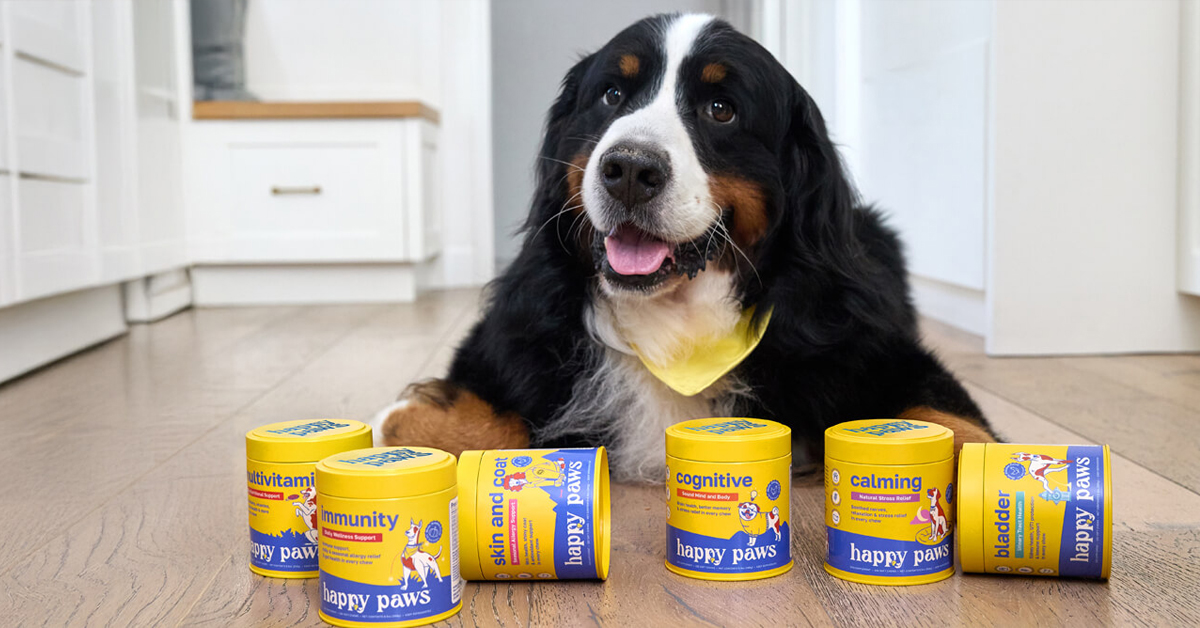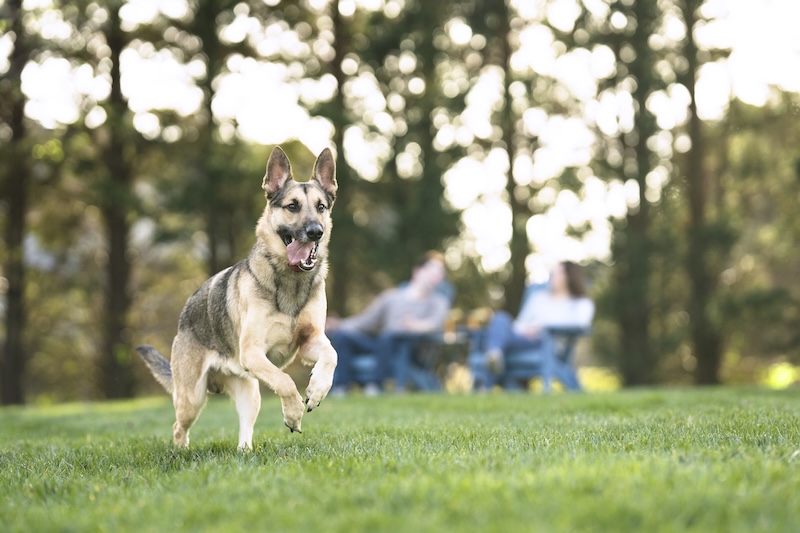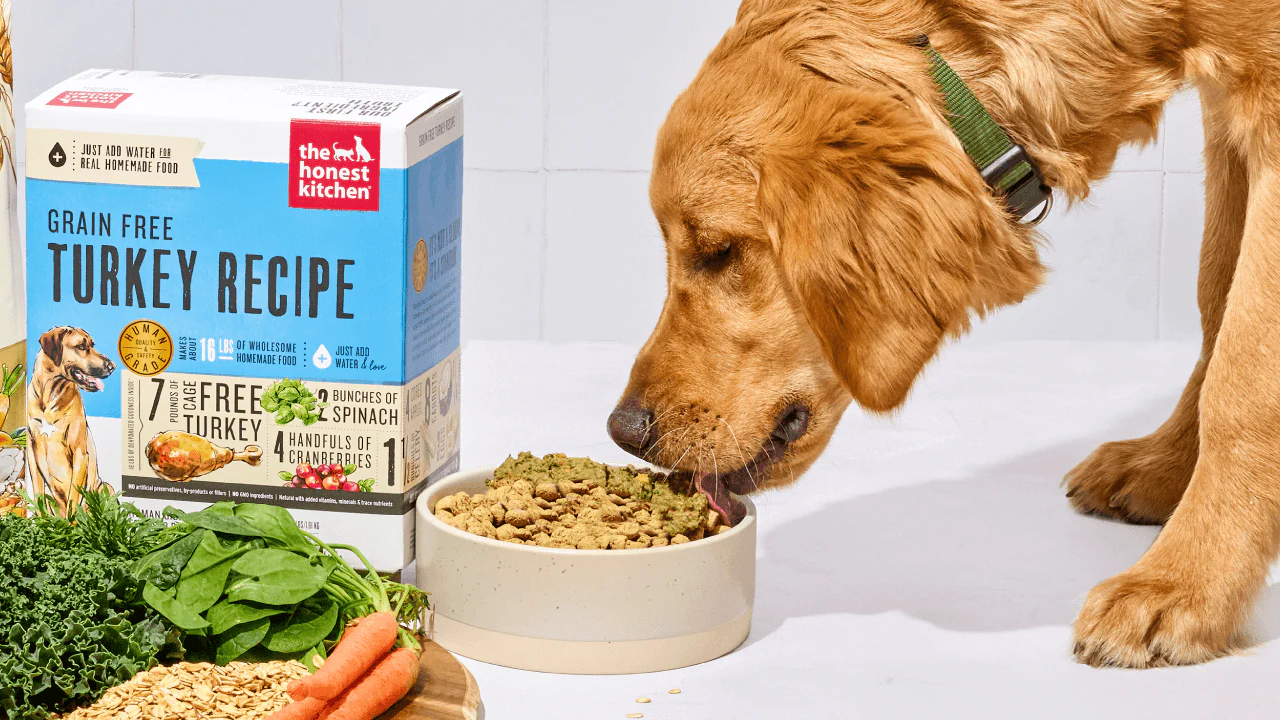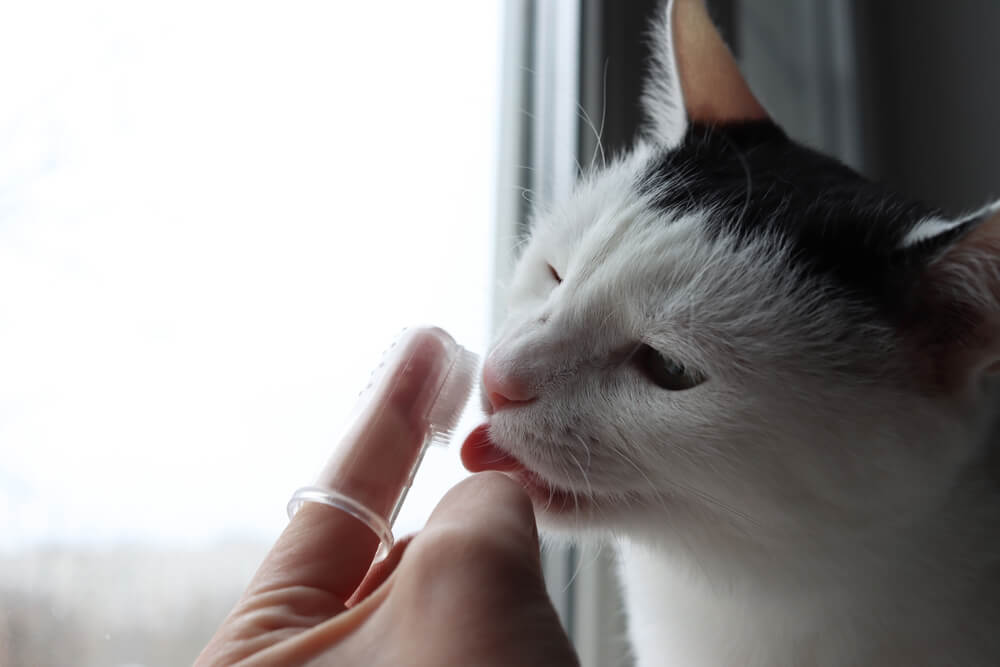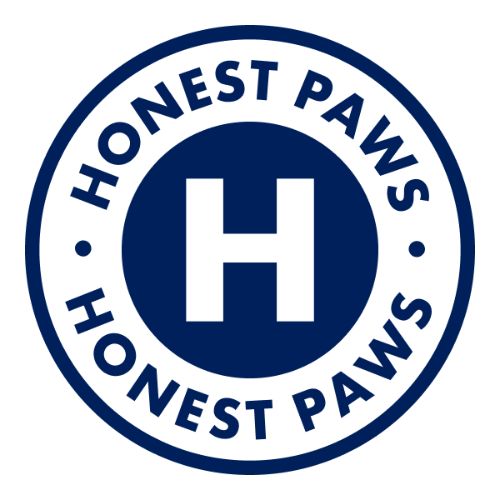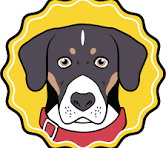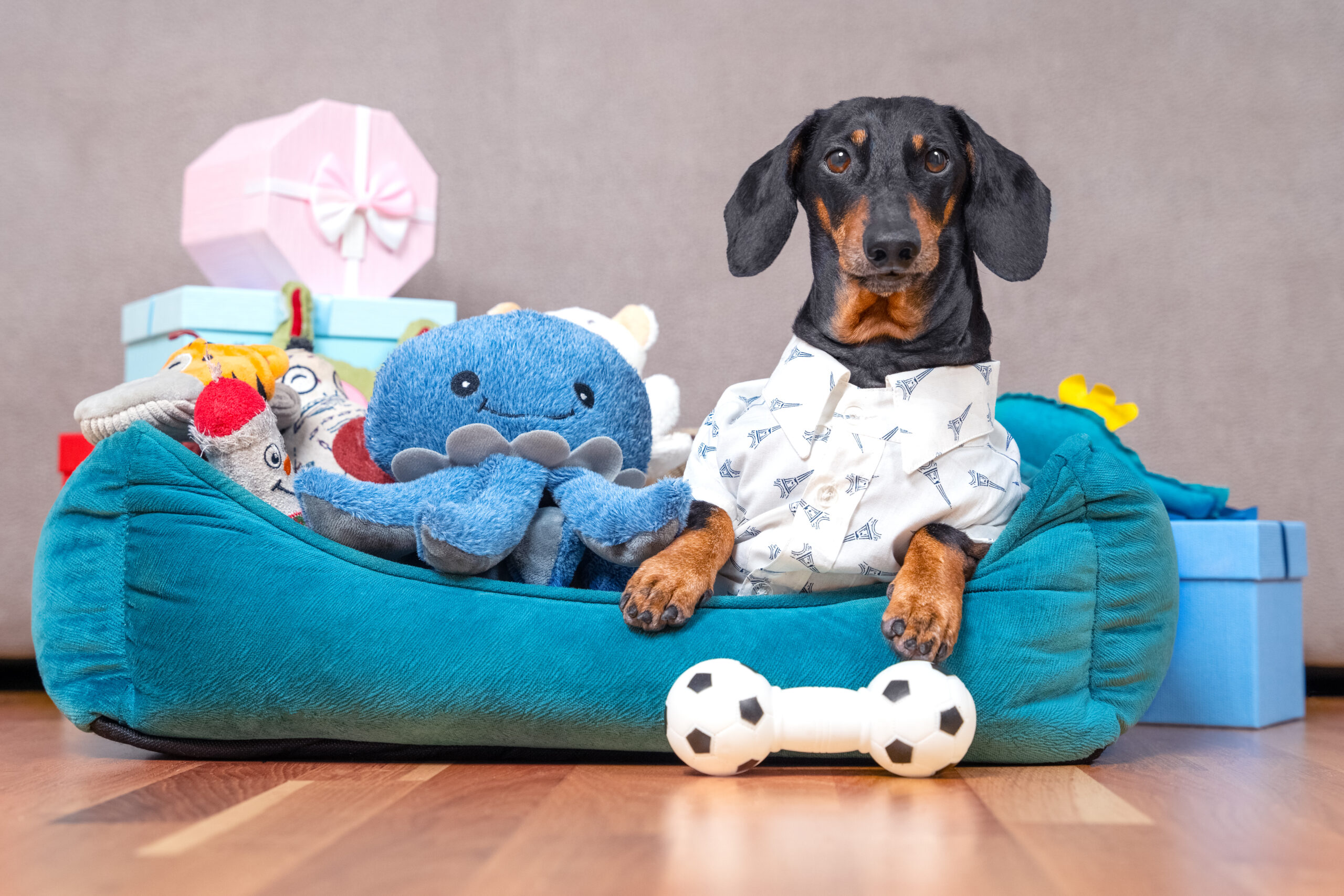How to Wash Dog Toys: Ultimate Guide & Recommendations
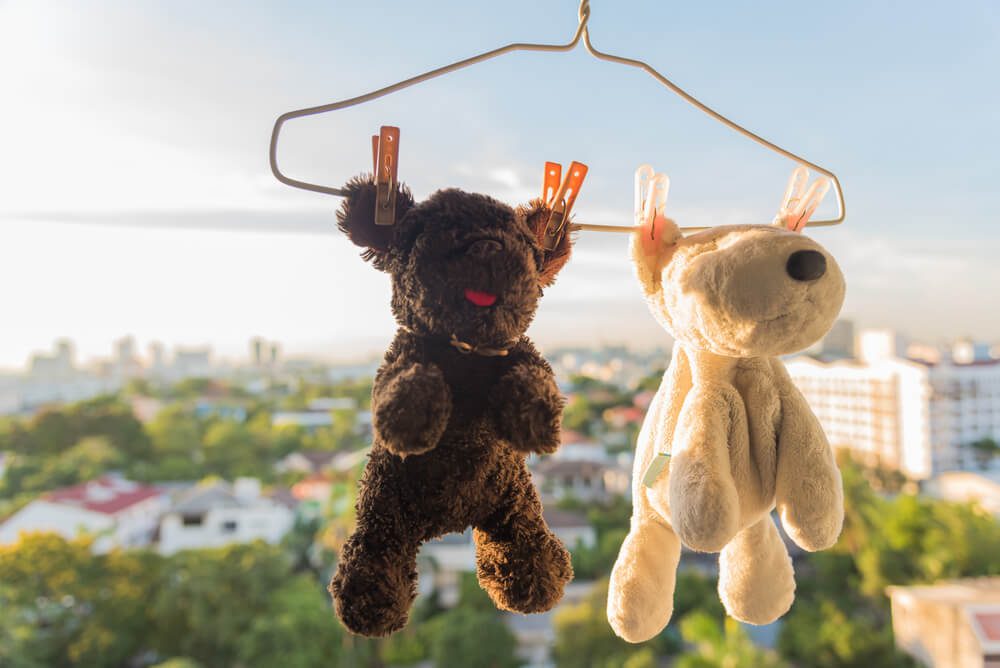

How to Wash Dog Toys: Ultimate Guide & Recommendations
Table of Contents
Are Dog Toys Safe to Wash?
Yes, dog toys are safe to wash. However, you need to know how to wash dog toys appropriately based on their type.
Namely, not all dog toys are made the same, and therefore, they cannot be washed in the same way. For example, rubber toys can be washed by hand or in the dishwasher, while plush toys are safe to clean in the machine washer on a gentle cycle.
Why Should Dog Toys Be Washed?
Pet toys are banned in the NSF’s top seven germiest home items. Here is why it is important to wash your dog’s toys regularly.
- Overall Hygiene: Dogs play with their toys frequently, leaving them covered with dirt, grime, slobber, and germs. Dirty toys are breeding grounds for bacteria and pose a health risk. Simply put, clean dog toys are vital for overall hygiene and health.
- Disease Transmission: Many diseases can be transmitted through dirty toys. This includes bacteria (E. coli) and viruses (parvo and kennel cough), as well as parasites (worms and mites). Some of these diseases are zoonoses, which means they can be transmitted to people.
- Allergy Control: Dirty toys can also harbor dust and dust mites. Considering dust mites are a common allergen for dogs, keeping the toys clean can help with allergies. Also, bed bugs can live on dirty toys (not just dog beds).
How Often Should You Wash Your Dog’s Toys?
Dog toys should be washed at least once per week.
However, depending on how much your dog is using the toys, more frequent washing might be recommended. For example, your dog’s favorite toy can be cleaned daily, or once every few days.
More frequent washing is also advisable for outdoor toys. Treat-dispensing dog toys and toys that are stuffed with dog food or peanut butter should be washed after each use.
How To Wash Dog Toys Safely?

When it comes to how to wash dog toys, there is no universal approach. There are specific cleaning instructions for different toy types. Here are some common types of toys and how to clean them.
- Rope Toys: Toys without metal or plastic pieces can be soaked in hot water for at least 5-10 minutes just to loosen up the dirt and debris. Then, squeeze the excess water and clean the toy using a toothbrush (or any other brush based on the toy’s size). Repeat this process twice to three times using a pet-safe detergent, vinegar, and water solution.
- Stuffed Toys: Stuffed toys can be washed using the washing machine. First, assess how sturdy the stuffed toy is and what setting it can handle, preferably on the delicate or gentle cycle. Before machine-washing, you can place the stuffed toys in a mesh laundry bag, then pop them in the dryer.
- Chew Toys: Chew toys with holes should be covered with tape to prevent the cleaning products from entering. Then, they should be brushed with a water and vinegar solution and rinsed out thoroughly. After washing, leave them to air-dry.
What Detergent is Safe for Dog Toys?
Many laundry detergents and antibacterial dish soap are pet-safe and can be used to wash dog toys. You can also use a DIY pet toy cleaner. To make one, you can simply mix water with white vinegar or baking soda.
If going for a commercial option, read the label and ensure it is pet-safe. Cleaning products that contain peroxide or bleach are hazardous to dogs if ingested.
Can Dog Toys Go in the Dishwasher?
Yes, many hard dog toys like rubber, nylon, and plastic toys can be washed in the dishwasher provided they are dishwasher-safe (a piece of information provided on the toy’s label). For example, Kong dog toys are dishwasher-safe.
However, before putting them in the washer, you can hand wash them to remove excess dirt and debris. It is helpful to use a brush to do the scrubbing. Also, do not forget to use a pet-safe dish detergent.
Can You Machine Wash Dog Toys With Squeakers?
Yes, squeaker toys and other soft dog toys can be washed in the washing machine.
High heat may damage the squeaker and the stuffing, so it is best to use low heat (cold and warm water functions). Some soft, plush dog toys are best washed on gentle cycles.
When machine-washing toys, always use pet-friendly detergent. It is also recommended to avoid using dryer sheets.
Scented dryer sheets can be irritating for dogs. Even unscented dryer sheets can pose a risk if the dog accidentally swallows the sheet when grabbing its favorite toy.
What Should I Look for in a Dog Toy Cleaning Product?
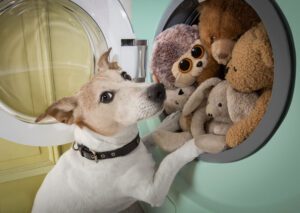
When shopping for dog toy cleaning products, ensure they are free from harmful ingredients and chemicals. Here is what you need to avoid:
- Bleach: The effects of bleach cause corrosive damage making chemical burns and lesions both internally and externally.
- Ammonia: The effects of ammonia damage the respiratory system and can also irritate your dog’s skin and eyes. This is pretty common in most household cleaners for floors and windows.
- Chlorine: The effects of chlorine can irritate your dog’s eyes, dry out their skin and coat, and causes gastrointestinal upset if they ingest it.
- Formaldehyde: The effects of formaldehyde are irritation of the eyes and upper respiratory tract. Ingestion causes severe erosion of gastrointestinal tissue.
- Phenol: Phenols are directly corrosive substances, and ingestion has resulted in oral and upper gastroenteric necrosis.
- Isopropyl Alcohol: Ingestion of isopropyl alcohol in dogs can cause vomiting, disorientation, incoordination, and in severe cases, collapse, respiratory depression, and seizures.
When Should I Throw Away Dog Toys?
Sometimes, dog owners should throw dog toys away instead of washing them. Here are some situations in which it is advisable to throw away dog toys:
- Damage: Consider throwing away dog toys that are broken or are showing signs of tearing, as these small pieces can break off and become possible choking hazards for your dog.
- Contamination: Toys used by dogs and puppies infected with viruses should be thrown away. While disinfection is possible (soaking in one part bleach to 32 parts water), replacing them with new toys is still advisable.
